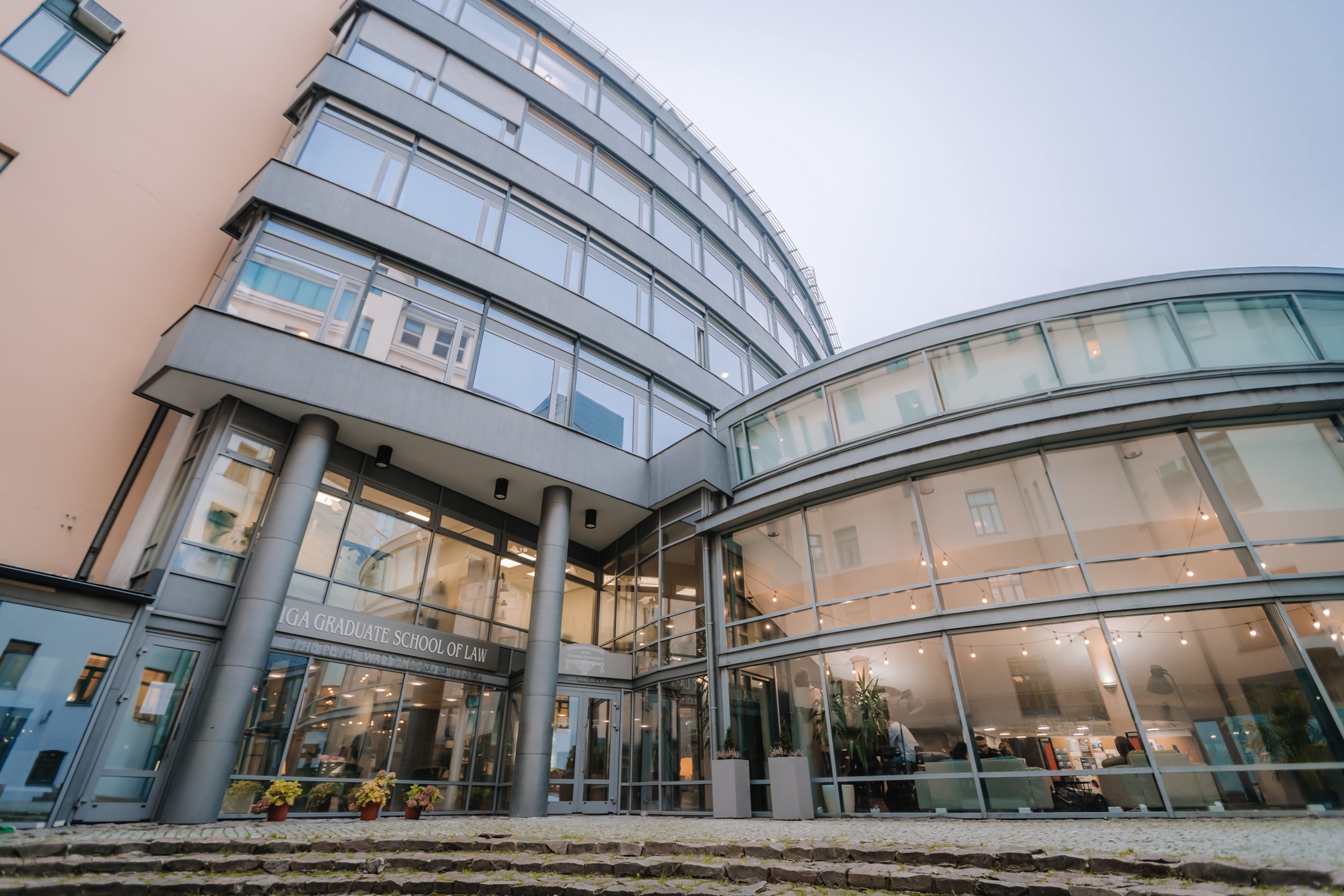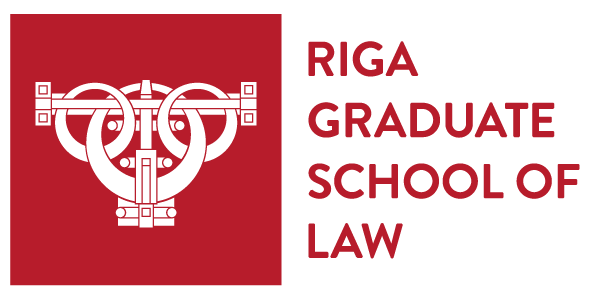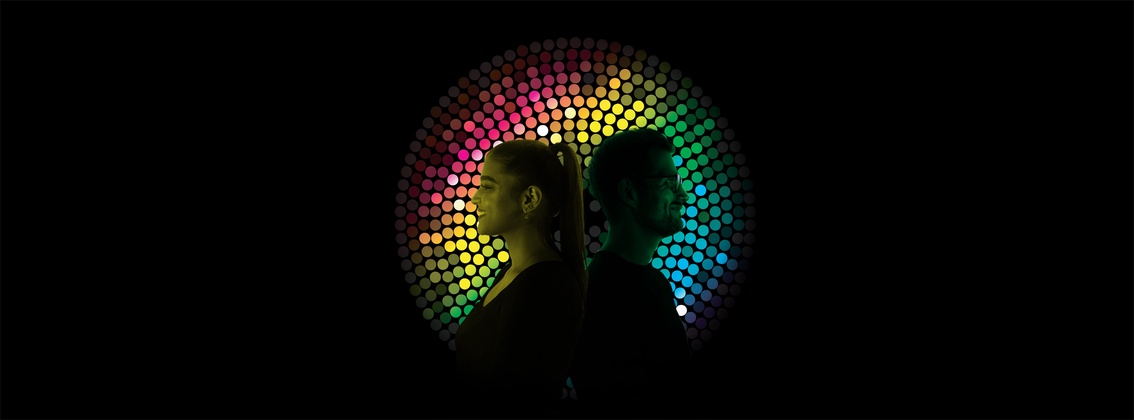Opening of the 21st volume of the Baltic Yearbook of International Law
Eventtermin
| 16.2.2024 08:00 - 10:00 Uhr |
Bewerbungsfrist
| 16.2.2024 07:30 Uhr |
You are welcome to join the opening of the 21st volume of the "Baltic Yearbook of International Law" and a discussion on 16 February from 09.00 to 11.00 online.
The volume covers the legal analysis of the Russia’s ongoing war on Ukraine, drawing parallels with the occupation of the Baltic states by the USSR in 1940. Volume content is available here.
Please register for the event here:
Discussion participants: Dr. Ineta Ziemele, Editor-in-Chief of the Baltic Yearbook of International Law, Professor at RGSL and Judge at the European Court of Justice, Dr. Adam Czarnota, Rector of the Riga Graduate School of Law, Dr.iur. Jānis Grasis, Dean and professor of the Law Faculty at Riga Stradins University, author of the article “Old Wine in New Bottles: Latvia 1940 Compared with Crimea 2014” and Ieva Miļūna, RGSL Lecturer.
The "Baltic Yearbook of International Law" is published under the auspices of the Baltic Editorial Board within the framework of cooperation between the Riga Graduate School of Law and Brill/Nijhoff Publishers. The Yearbook aims to bring to the international debate issues of importance in the Baltic States, providing a forum for views on topical international law themes from Baltic and international scholars.
Volume 21 is published during Russia’s ongoing war on Ukraine. This war – in terms of its modus operandi and the scale of atrocities committed – is only too familiar to the historical memory of the Baltic nations. This issue therefore includes papers from a Baltic Yearbook online seminar organized on 19 September 2022 on the theme of “Russia’s War in Ukraine and the Baltic States”. The seminar departed from the premise that the war which the Russian Federation is waging against the independence and territorial integrity of Ukraine shares notable parallels with Soviet aggression against the Baltic States of 1939/1940, leading to fifty long years of unlawful occupation. The key question that international lawyers – especially in the Baltic States – are asking is whether international law in 2022, as compared to the inter-war period, is more consolidated and offers legal tools necessary to address such a grave violation of international law as the Russian Federation has been committing against Ukraine. The comparison of ‘then’ and ‘now’ appears to attest in favour of today’s international legal order, with more instruments and greater will to use them to counter particularly grave challenges to the foundational values of that legal order. The perspective from within the Baltic States on aspects of international law relevant to determine Russia’s responsibility for the war against Ukraine is undoubtedly of wider interest.
Teilnehmer
Volljurist:in, Referendar:in, Diplomjurist:in, Promotionsstudent:in, Wirtschaftsjurist:in, Student:in




